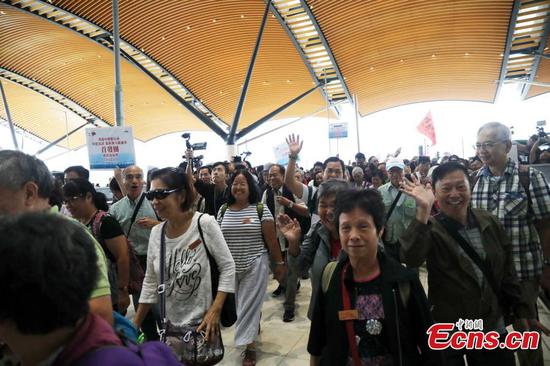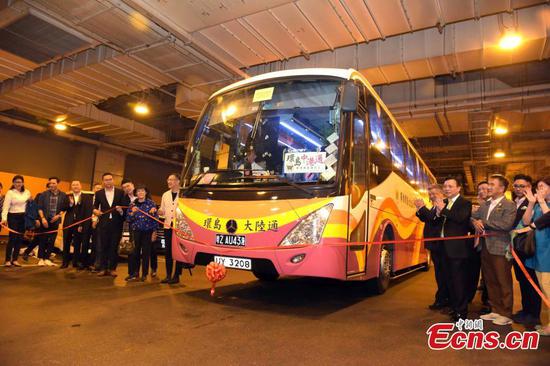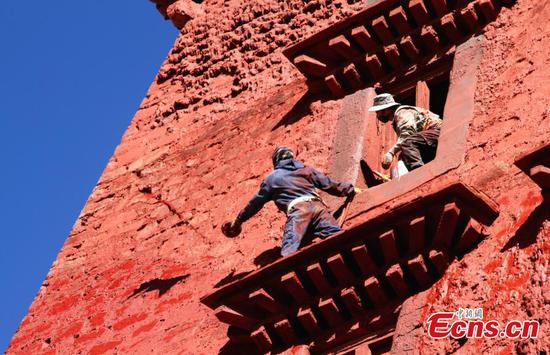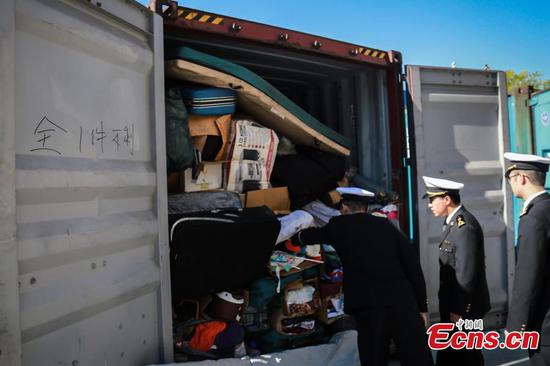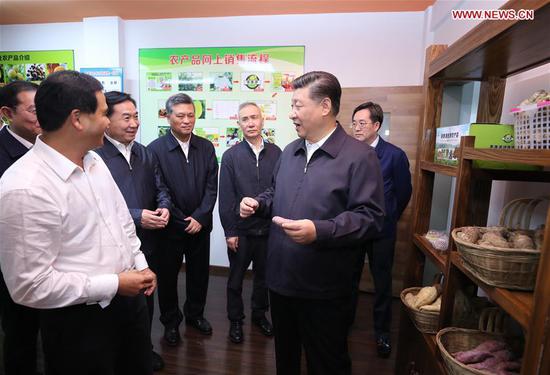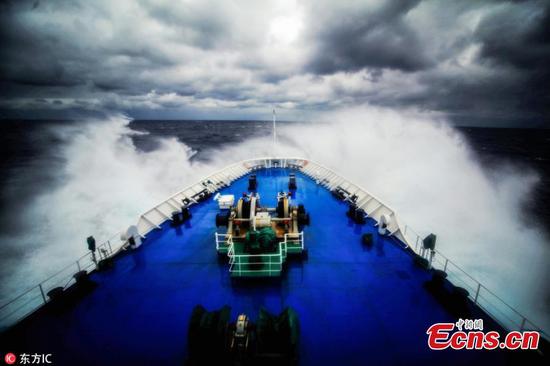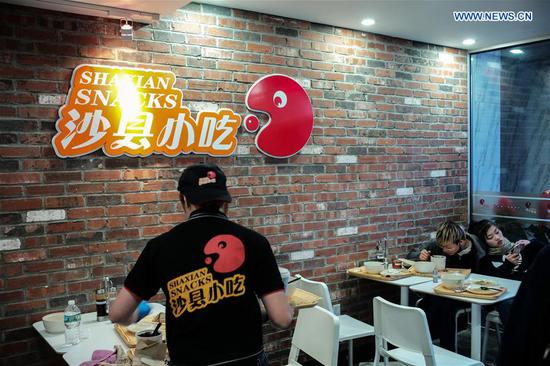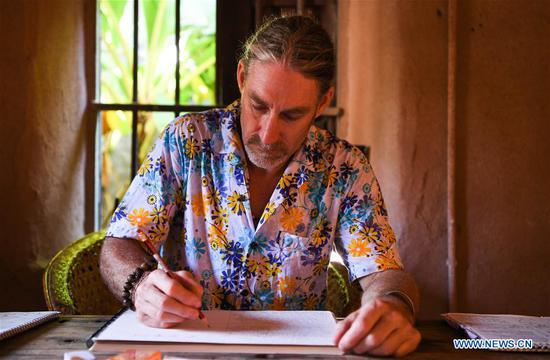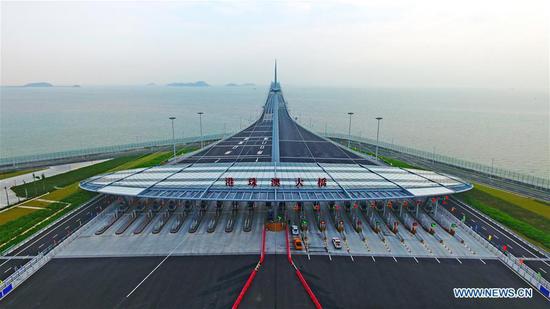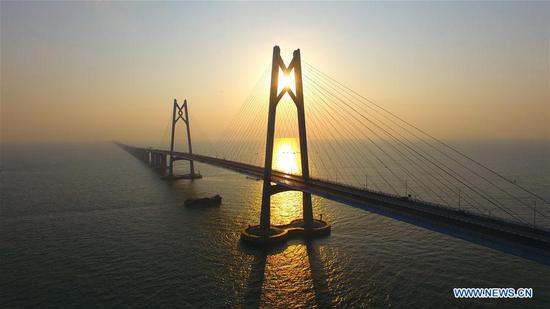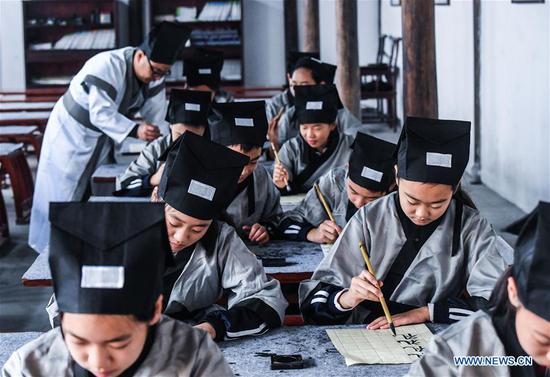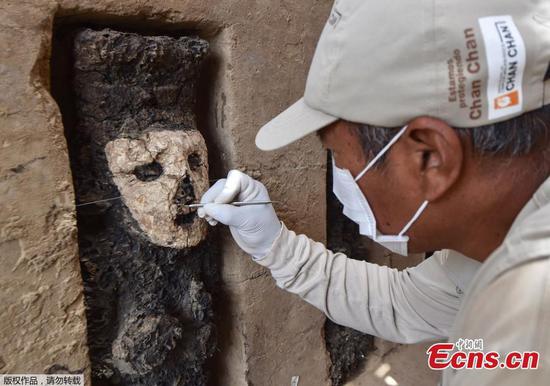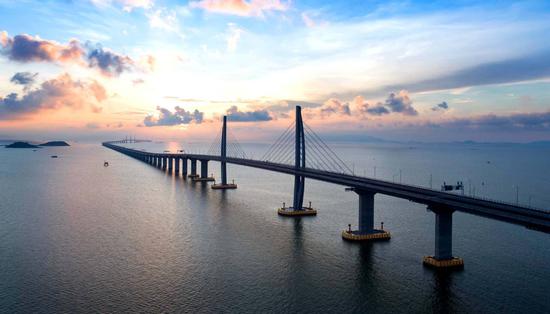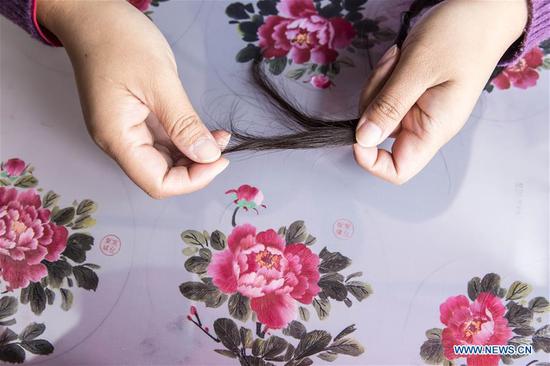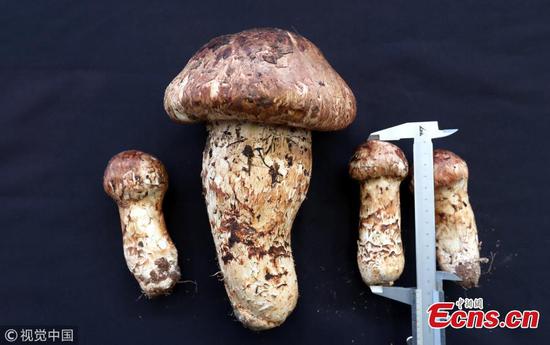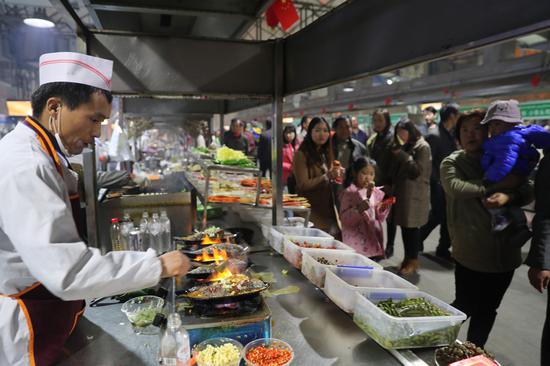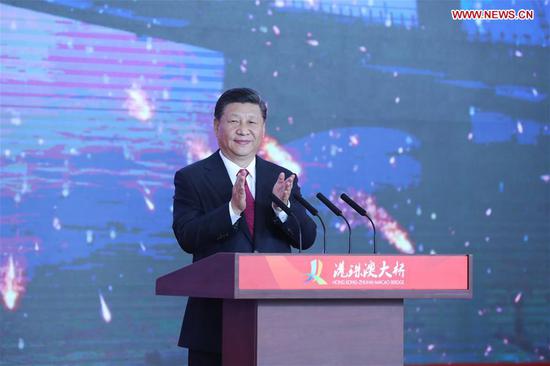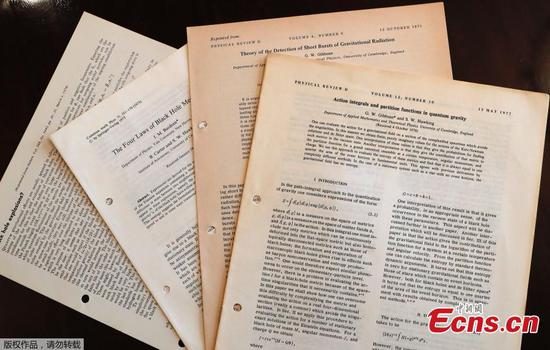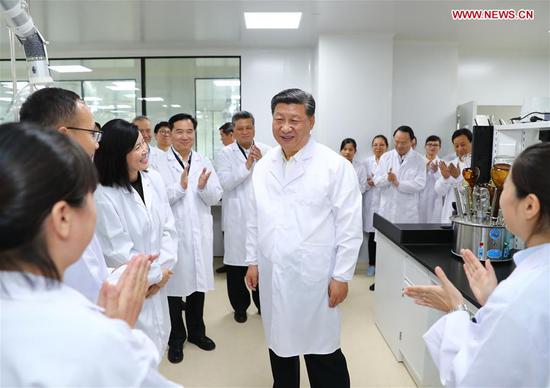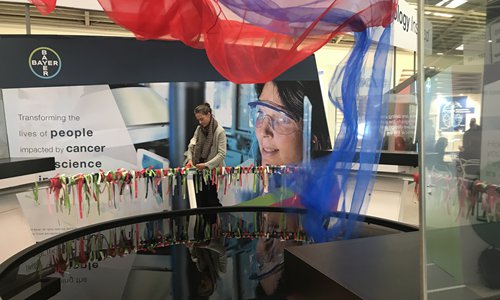
Bayer's exhibition stand during the ESMO Congress 2018 from October 19 to 23 in Munich, Germany (Photo/Courtesy of Bayer)
China set to further open up its cancer drug market
The cost and short supply of cancer drugs has been a longstanding public concern in China. And the concern is being actively addressed with strengthened efforts by the Chinese government. Meanwhile, more foreign drug firms are aiming to roll out their tailored strategies for the broad Chinese market as it is offering wider access.
Despite significant advances in cancer research over the past decades that have transformed treatment options for patients, cancer is still the second leading cause of death globally and has accounted for an estimated 9.6 million deaths in 2018, data from the World Health Organization showed in September.
"The burden of a cancer patient is overwhelming - not just in terms of the emotional roller coaster, but in all the healthcare-related processes that really make being a patient a full-time job," said Robert LaCaze, member of the executive committee of Bayer's pharmaceutical division and head of the oncology strategic business unit.
"Research continues to be the foundation of the company's strategy as we believe that understanding the science is critical to how we advance our portfolio forward," LaCaze told a press conference held in Munich ahead of the opening of the European Society for Medical Oncology (ESMO) 2018 Congress, which was also held in the German city from October 19 to Tuesday.
Precise medicine, including understanding the drivers behind a tumor to effectively fight it, has long been the goal of cancer care. And the medicine market has witnessed steady growth in China over the past few years.
Data from the Southern Medicine Economic Research Institute of China Food and Drug Administration (CFDA) showed that the market scale of China's antitumor drugs recorded about 97 billion yuan ($14 billion), 111 billion yuan and 127 billion yuan in 2015, 2016 and 2017, respectively.
And the niche market is estimated to reach 144.7 billion yuan in terms of sales in 2018 with a year-on-year increase of 14.18 percent, according to a report by the industry website zyzhan.com on Monday.
Opening wider
"The Chinese market has obviously opened up more in the past few years. We are very glad to see that the Chinese government is paying more attention on cancer treatment. We are looking forward to turning innovation into patients' benefit in China as quick as possible," LaCaze told the Global Times on the sidelines of the press conference.
In May 2017, German drug producer Bayer created an oncology strategic business unit to include drug discovery, early and a late stage clinical development pipeline, strategic marketing and a market access team to get an approach in the new drug development efforts.
The new unit can allow Bayer to make faster and more prudent decisions through drug development and its operating model will especially support accelerated development of new therapeutic options for patients to fight cancer, according to LaCaze.
"The increasing population of cancer patients in China requires more innovative treatment options and efforts. We don't want to come up four or five years later. We want pull this together and have our drugs available to Chinese patients as soon as available to other places," said LaCaze.
Bayer's second-line liver cancer targeting medicine - Stivarga - got fast-track approval from the CFDA in December 2017 for the treatment of patients with hepatocellular carcinomas (HCC) who have been previously treated with the company's drug Nexavar (sorafenib).
It is another breakthrough for Bayer in liver cancer treatment after sorafenib, the first approved systemic therapy for advanced HCC, which was approved in China in 2007.
About 20 transnational drug firms got their innovative medicine approved in China in 2017. For example, Votrient and Jakavi, new products launched by Swiss drug maker Novartis, received approval last year. Votrient is for treating a form of kidney cancer called advanced renal cell carcinoma and Jakavi is used to treat myelofibrosis, a bone marrow condition.
Among the approved products, about 35 percent belonged to anti-cancer drugs,the media report said.
Xu Ruihua, president of the Cancer Center at Guangzhou-based Sun Yat-sen University, told the Global Times in an interview on Saturday during the ESMO 2018 Congress that the high death rate from cancer in China has lessened the new drug approval process time from the previous period since it is more important to bring effective new drugs to patients as soon as possible.
The overall five-year survival rate of liver cancer was 12.5 percent in China, which is lower than other Asian countries and regions including Japan and South Korea. The National Cancer Center of China said in 2017 that there were 4.29 million new cases of cancer every year and 2.81 million deaths in the Chinese mainland, according to media reports.
"There is a hugely unmet demand for cancer drugs by Chinese patients especially by those with liver cancer, the No.1 prevalent cancer in China," Xu noted.
"But meanwhile, we should pay attention to anthropological differences to guarantee the effectiveness and safety of new drugs for patients," he explained.
"China's new drug approval procedure has been greatly simplified from lab inventions to clinical testing, which is now similar to the Western countries," said Xu.
Along with speeding up new drug approvals, China's drug industry is embracing a slew of supporting measures from the government in terms of patients' access to the previously unaffordable drugs.
On October 10, China approved 17 new cancer drugs for inclusion in its national health insurance system, according to China's State Medical Insurance Administration. Previously the 17 drugs were mainly imported and not covered by the country's basic health insurance.
In a bid to offer more affordable anti-cancer drugs to the public, the administration has lowered the procurement prices of 14 cancer drugs in September. Since May 1, China has exempted all cancer drugs from import tariffs, a move to further open up the domestic drug market.
Addressing the shortfall
"It usually takes eight to 10 years for a new cancer drug to go from lab invention to market launch," said Xu. Some foreign firms from the West have shortened that period to three or four years, he added.
"The innovative drugs made domestically are mainly based on those from the U.S. and Europe, so we need to catch up by investing lots more in fundamental research and development to address the shortfall," he stressed.
"But we have to admit there will be competition sometime in the future between foreign firms and domestic ones as the latter is also moving forward on the innovation path with its own intellectual property," he added. "It is a matter of time."











